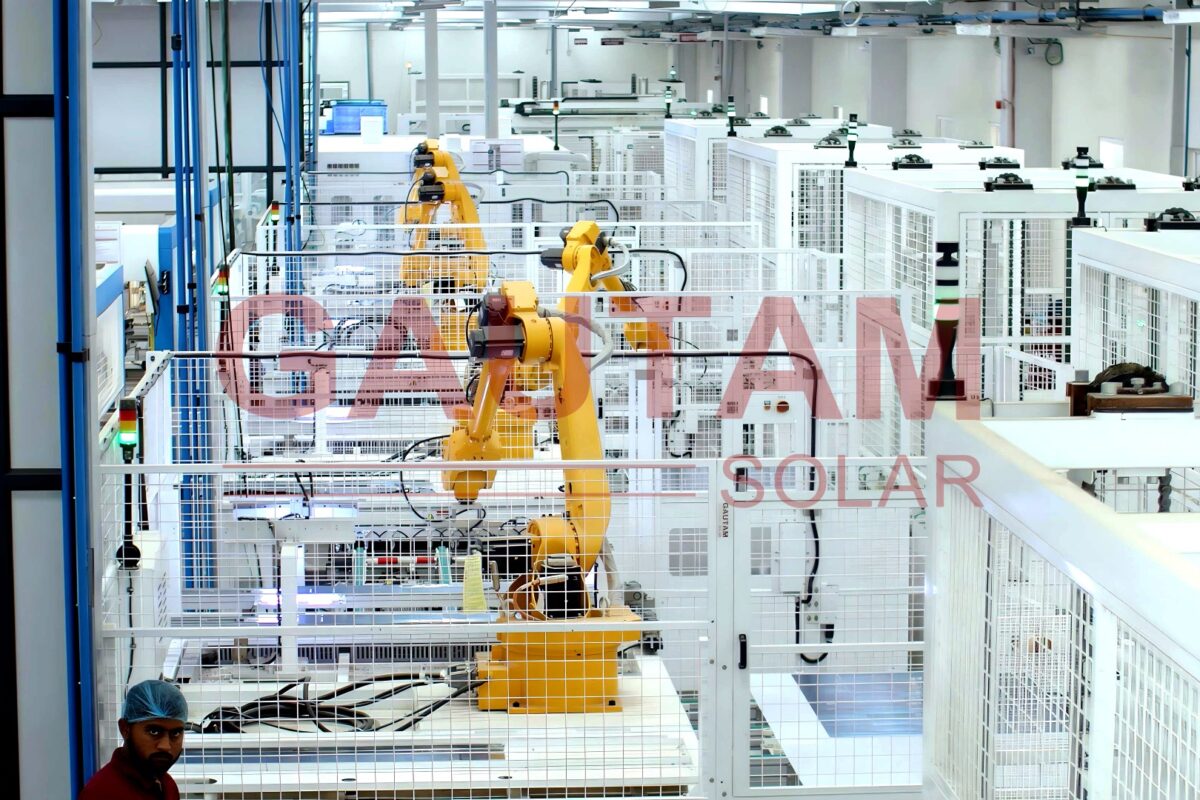Artificial intelligence and data economy, future of mobility, clean growth and ageing society are the four grand challenges to put the UK at the forefront of the industries of the future—according to the ‘Industrial Strategy White Paper’ released by the UK Government’s Department for Business, Energy & Industrial Strategy.
The findings prompted Ofgem (Office of Gas and Electricity Markets, UK), Innovate UK and UK Government to launch Energy Data Taskforce with the aim of investigating into the use of data for transforming the age-old energy systems.
The Taskforce’s recent Report titled ‘A Strategy for a Modern Digitalized Energy System’ states that data is an important resource that needs to be cultivated and developed for it to deliver the full suite of benefits the future energy system needs. The report provides a comprehensive set of recommendations and principles which the Government, Ofgem and industry can use to develop data sophistication in the energy sector.
The first recommendation is ‘digitalization of the energy system’ from archaic, incomplete and inaccessible formats to uniform and visible formats which can operate optimally in increasingly complex situations. It emphasizes on the inevitable role of organizations alongside government’s legislative and regulatory measures in creating long-term digitalization strategies and their implementation in consumer interest.
The case for India
Benefits of digitalization are not unknown to India. Among others, Energy Efficiency Services Ltd (EESL)’s Smart Meter National Programme has brought standardization of electricity meters across the country leading to easy integration, reduced cost and increased efficiency in billing and collection. Real-time data on electricity usage encourages demand side management.
One smart meter initiative led to multiple advantages. The scope of more such digitalization initiatives is humungous and India being at the cusp of leading the world in decarbonization, has the potential to create big impacts.
Presently, India captures, creates and publishes large amount of data in relation to energy systems. However, most of it is stored in non-digital, paper or image format and is also fragmented. There is an immediate need to identify uniform ways of creating and storing data in easily accessible digital formats and tools which would equip the government and organizations in improving operations.
Digitalization helps in increasing the output from resources and reduces the cost of supply while equipping the consumers with the power to make informed choices. Given the size of India and the huge number of consumers, it’s only practical that a uniform digitalization process kicks off soon.
Collaboration is the key
In order to bring about a shift from centralized commands to dynamic interactive structures, the current energy system would require a thorough plan and flawless execution. With the UK already spearheading digitalization of its energy systems, there is immense potential in the idea of India-UK partnership in collaborating efforts for digitalizing their respective energy systems.
At the European Utility Week (Paris) 2019 which saw a representation from 100 countries, almost every energy leader reaffirmed that energy transition is possible only with large-scale collaborations. New partnerships would not only solve old problems and but also create new business opportunities for partnering entities.
Interestingly, UK India Business Council’s (UKIBC) 5th Annual Doing Business in India Report: The UK Perspective (2019) which released early November revealed that UK companies are more interested in doing business in India than before. India is increasingly seen as an attractive country for partnerships with its performance on World Bank’s Ease of Doing Business Rankings continuously improving.
Possible partnership opportunities
UKIBC’s Report also sheds light on the possible partnership opportunities between India and UK and identifies ‘digital innovation and data services’ as a potential partnership area.
The Indian government has been pushing hard to scale up decentralized renewable energy generation in the country. Integration of these decentralized energy systems using digital innovation, analytical tools and likewise is a potential investment and research area for global innovation-centric companies.
With 100% electrification and the target of becoming a ‘5 trillion dollar economy’ by 2024, India’s per capita consumption of electricity and overall energy demand is bound to grow. Digitalization would help in efficiently catering to this increased power demand from new segments.
Undeniably, energy consumption patterns depend heavily on geographic, economic, social and cultural factors which become initial determinants of service deliveries. Customization of energy needs by interpreting data derived from consumption patterns is another important area of partnership.
Development of an effective ‘demand response’ mechanism which accounts for increased consumer participation in managing peak loads is another partnership area which would help in efficient allocation of available energy.
Despite being perceived as a global renewable energy leader, India’s southern states (Andhra Pradesh, Karnataka and Tamil Nadu) have seen incidents of curtailment in wind energy offtake, largely attributable to improper integration of renewables.
Wastage of renewable energy is the last thing the government would want when even the Central Electricity Authority (CEA) in its Annual Load Generation Balance Report 2019-20 (LGBR Report) recorded the nationwide energy deficit of 0.6% and peak deficit of 0.8% for the year 2018-19.
The deficit has been attributed to factors other than non-availability of power and recommends bilateral tie-ups. Reliable, readily available and real-time data in inter-operable formats would not only facilitate these tie-ups but also set the ground for informed government decisions.
Using artificial intelligence for reducing aggregate technical and commercial (AT&C) losses and making consumers active participants of energy generation and consumption are big collaboration areas. Identifying how to capture and store this huge data seamlessly is also a giant business area in itself.
Set the ball rolling
Without losing further time, there is an immediate need to set up a dedicated team for identifying potential opportunities and potential cross-border partners for digitalization of India’s energy systems.
More so, there is also an immediate need for developing a comprehensive regulation which encourages digitalization with adequate safeguards addressing nondiscriminatory access to data, privacy and cyber-security concerns. Digitalization is not the end, it’s the means of achieving what we foresee today and what we still haven’t.
Meghna Chandra is an energy sector lawyer based in Delhi. She is an IBA Scholar for Section for Energy, Environment, Natural Resources and Infrastructure Law and specialized in Energy and Natural Resources Law from Queen Mary University of London, UK.
The views and opinions expressed in this article are the author’s own, and do not necessarily reflect those held by pv magazine.
This content is protected by copyright and may not be reused. If you want to cooperate with us and would like to reuse some of our content, please contact: editors@pv-magazine.com.








1 comment
By submitting this form you agree to pv magazine using your data for the purposes of publishing your comment.
Your personal data will only be disclosed or otherwise transmitted to third parties for the purposes of spam filtering or if this is necessary for technical maintenance of the website. Any other transfer to third parties will not take place unless this is justified on the basis of applicable data protection regulations or if pv magazine is legally obliged to do so.
You may revoke this consent at any time with effect for the future, in which case your personal data will be deleted immediately. Otherwise, your data will be deleted if pv magazine has processed your request or the purpose of data storage is fulfilled.
Further information on data privacy can be found in our Data Protection Policy.